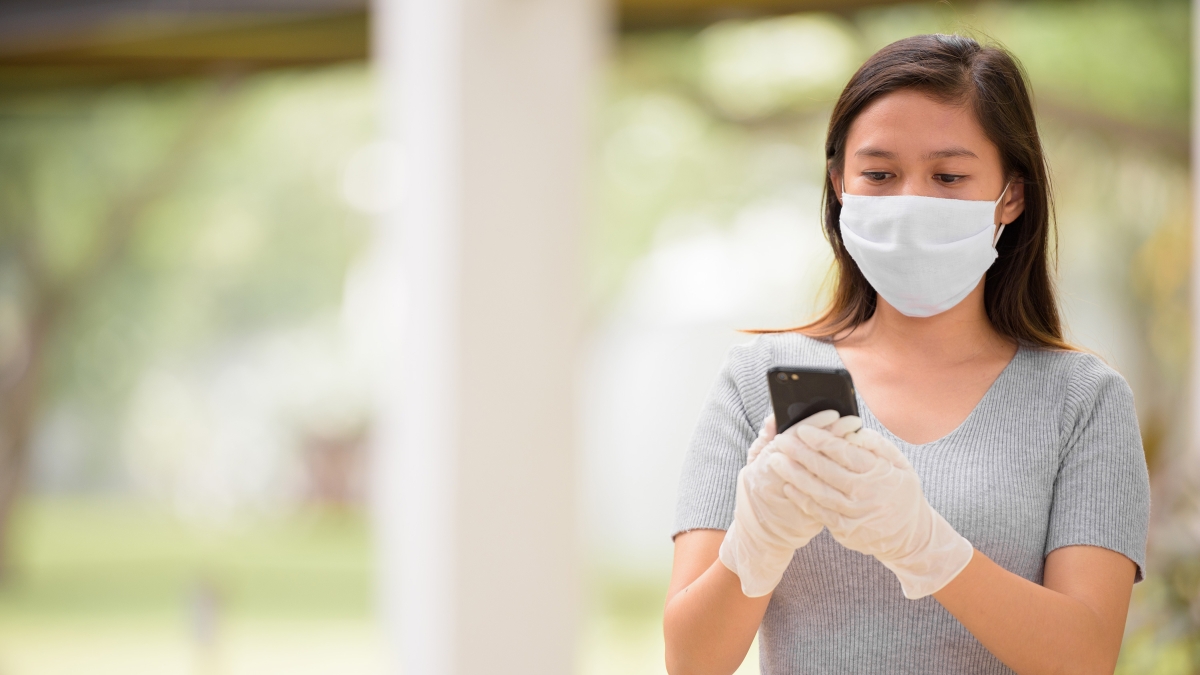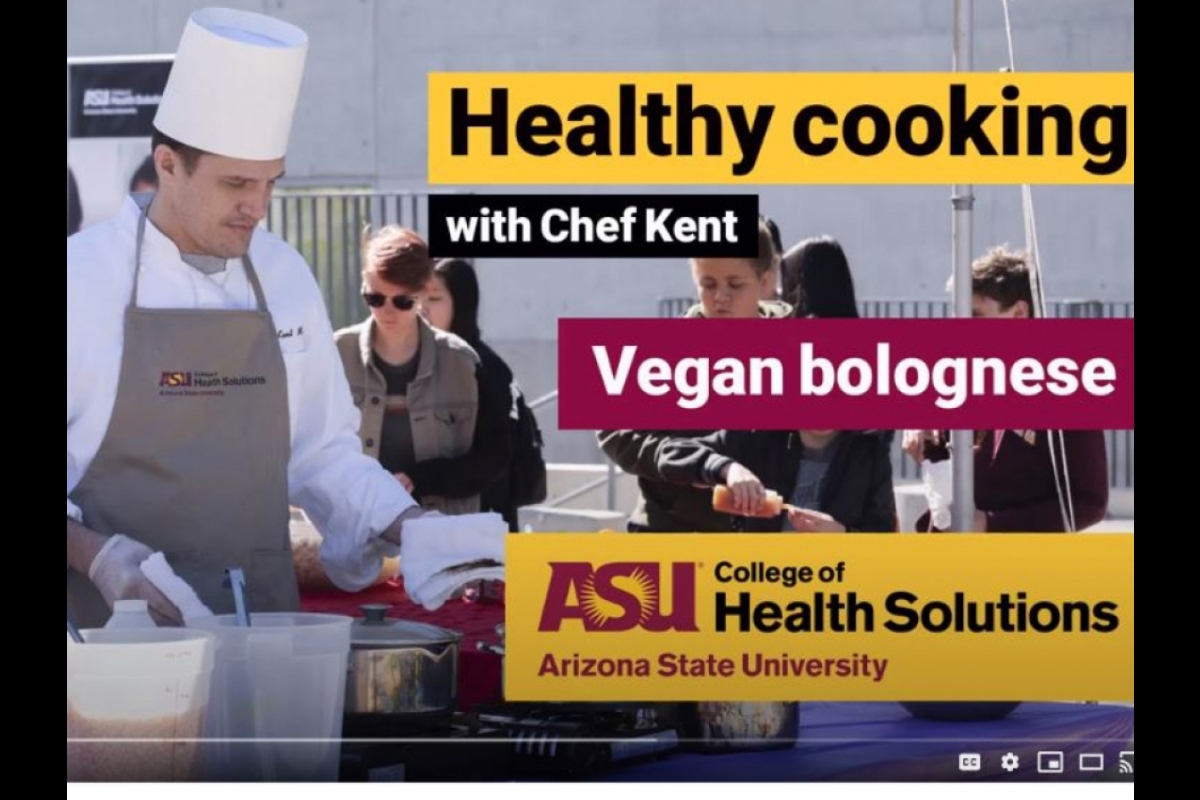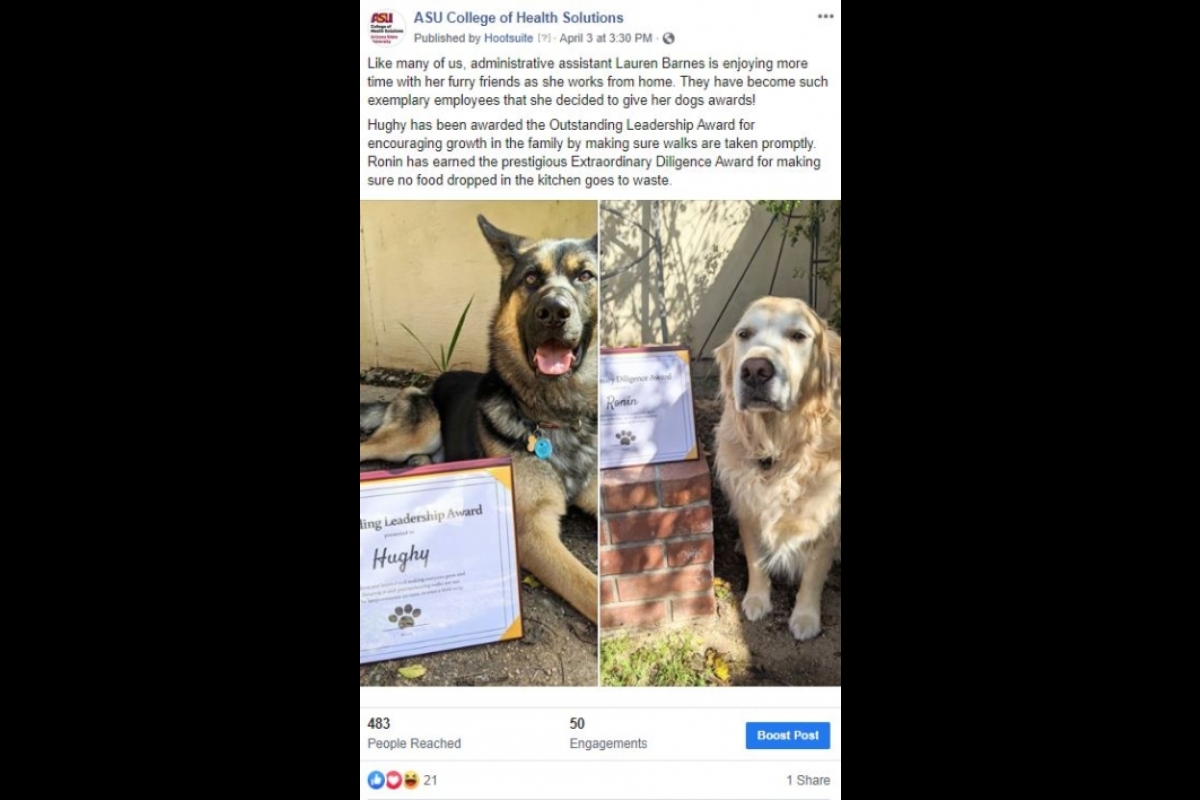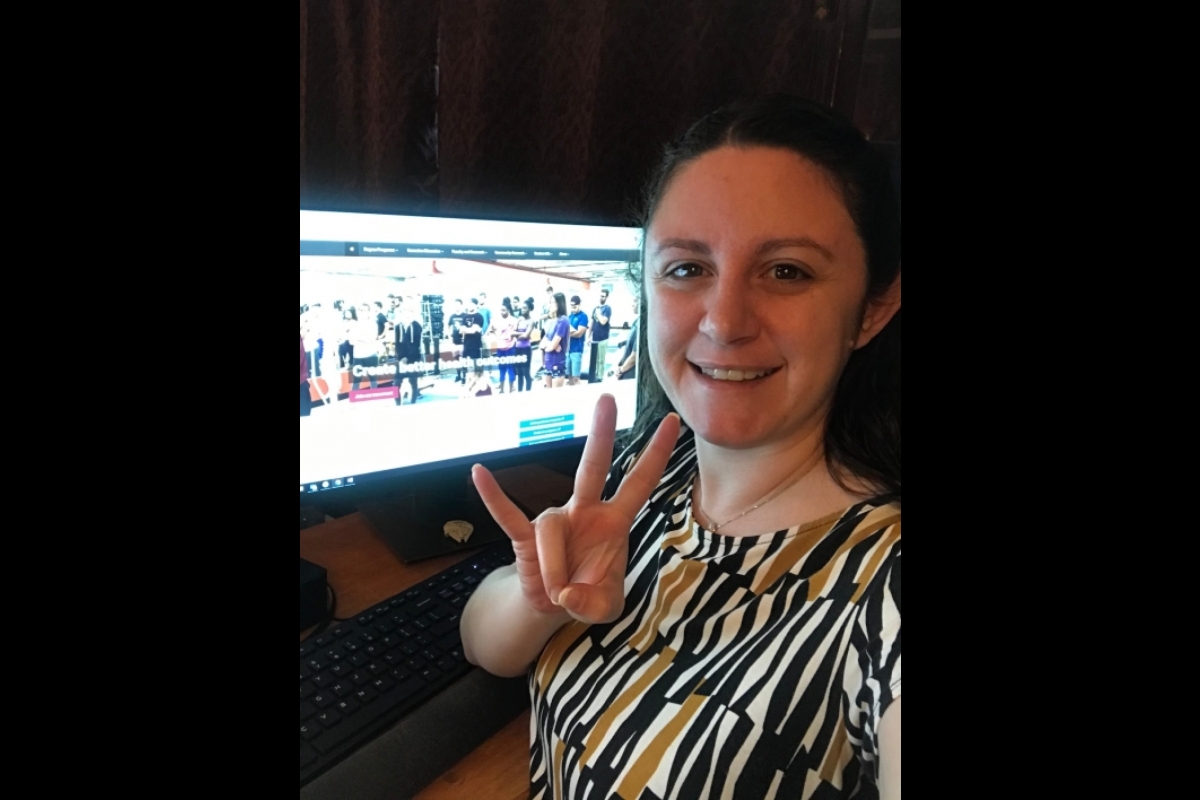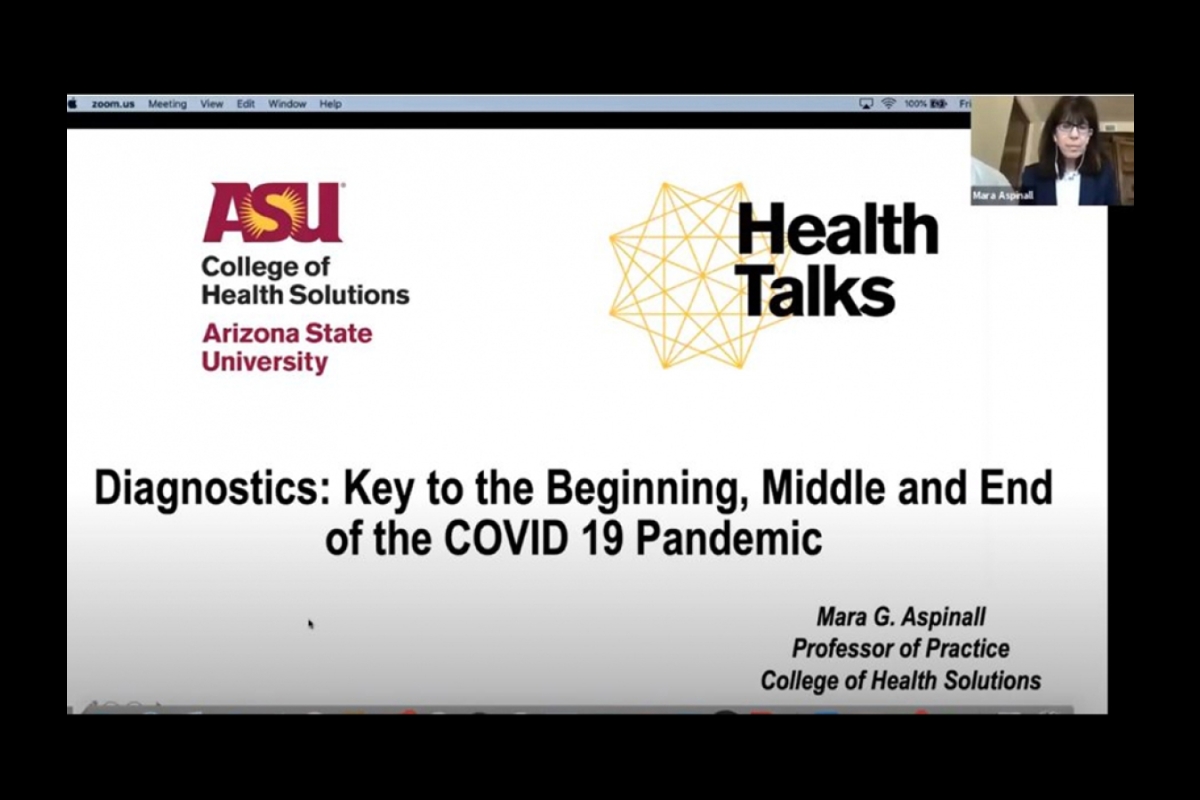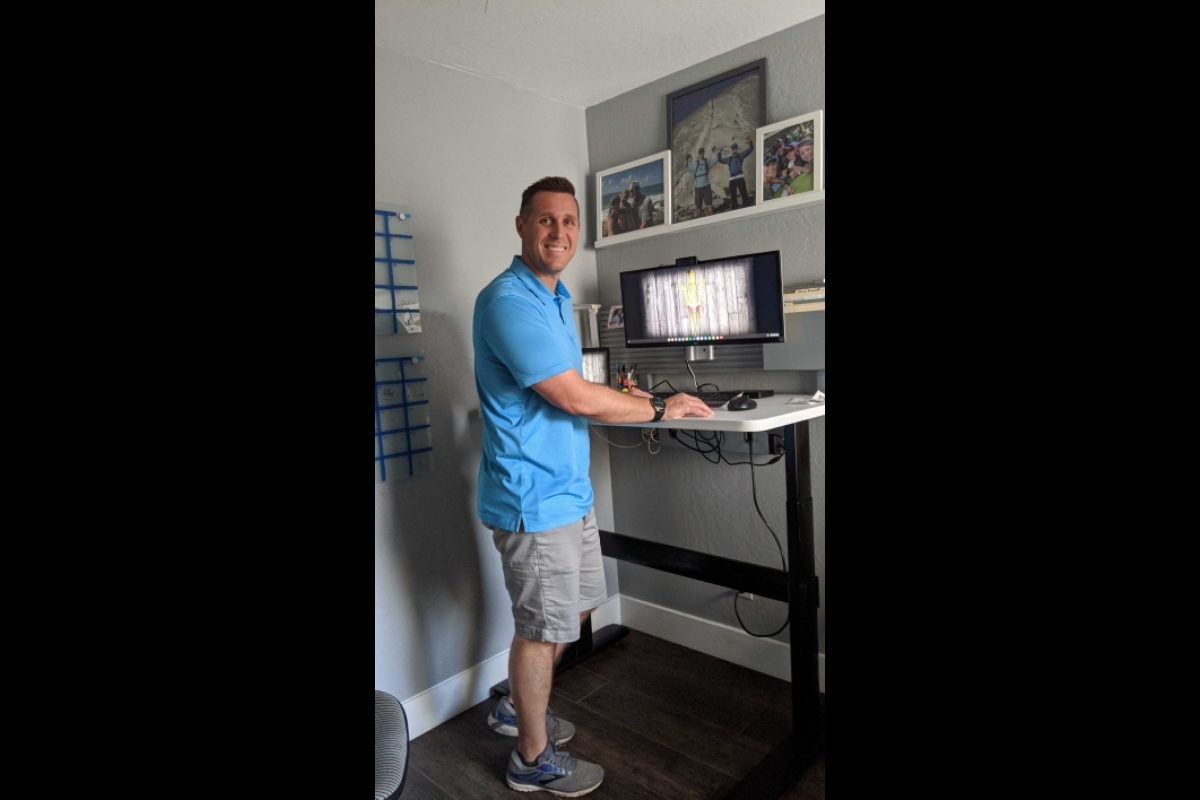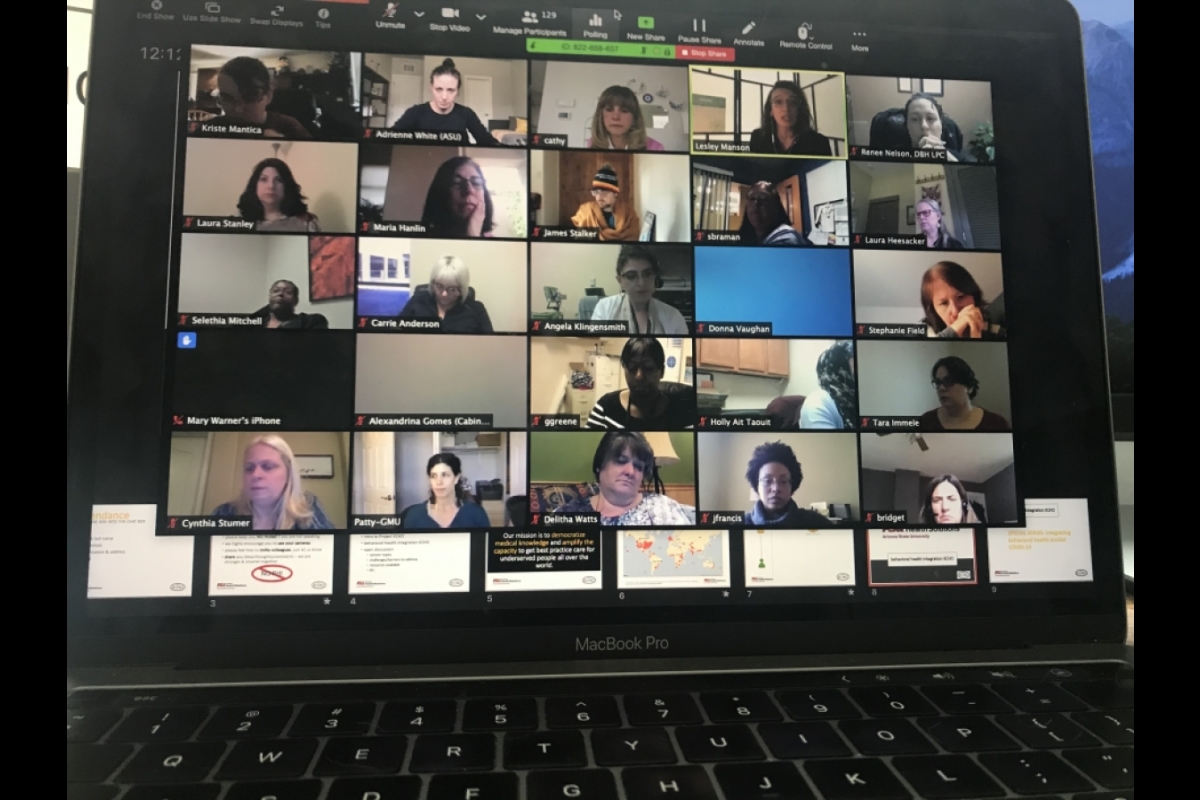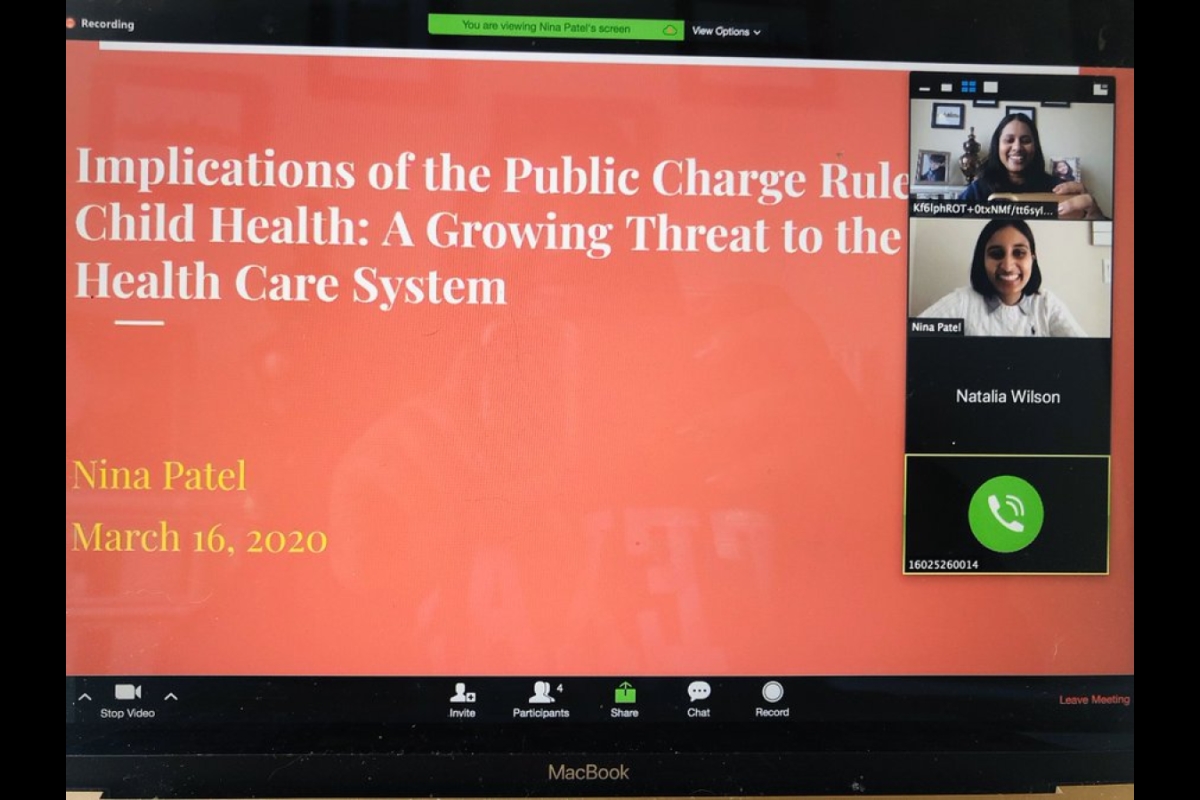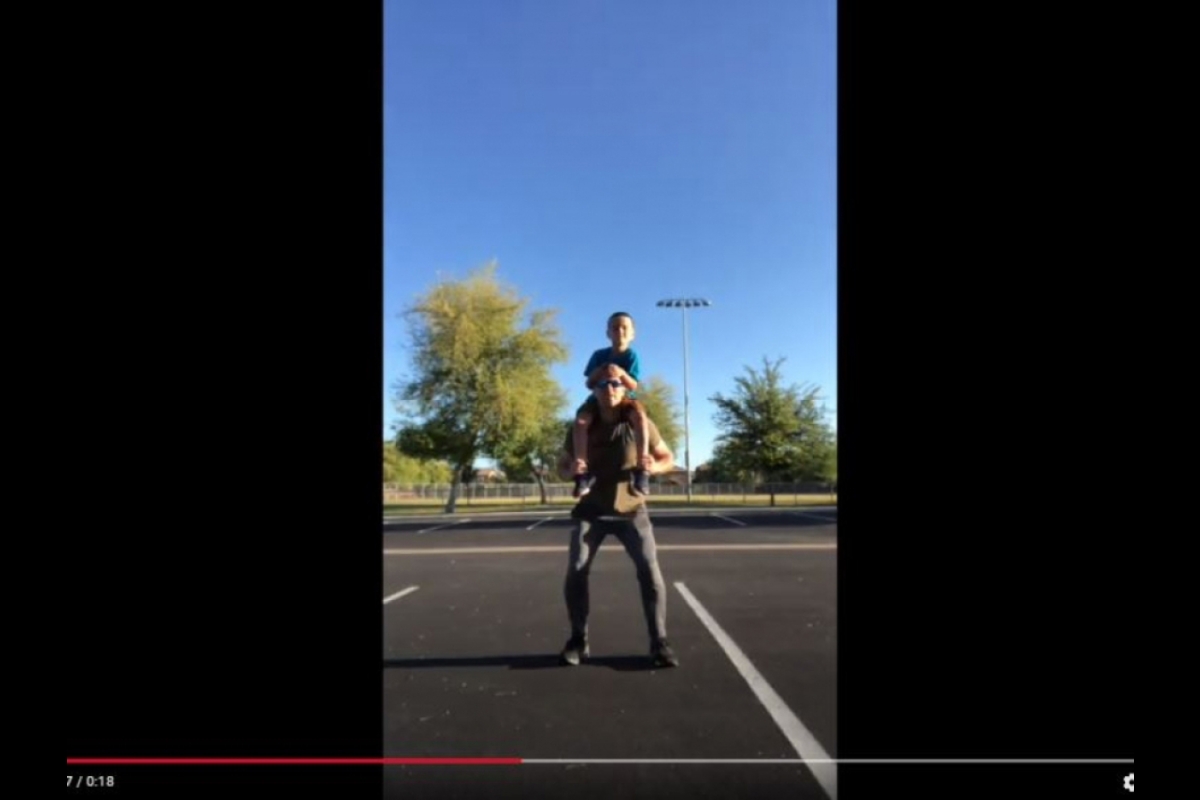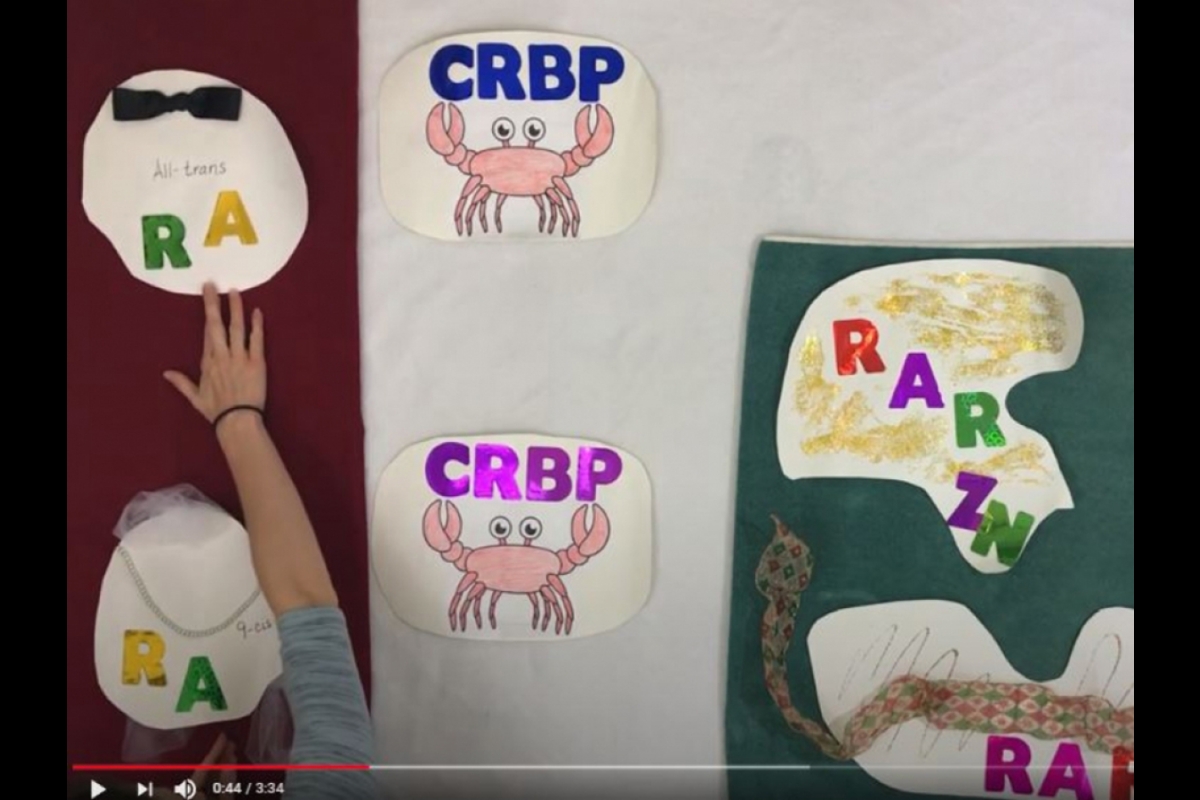When Arizona State University issued its stay-at-home order to faculty, staff and students in March to address the spread of COVID-19, the College of Health Solutions had two missions: One, to make a lightning-fast, 180-degree transition from on-campus to online learning, and two, to develop critical resources and evidence-based solutions to help communities with some of the many challenges they are facing during this ongoing health crisis.
Serving students first
Within the first few days of the quarantine, the college moved 379 on-campus classes, 4,000 on-campus students and 300-plus faculty and staff to remote learning and working. Zoom, Canvas and Slack, ASU’s digital communication tools of choice, were suddenly fundamental to everyday business.
Many had never used these technologies before, but training webinars, a creative “teaching buddy” system, and colleagues helping each other soon had everyone feeling a little more proficient.
By the end of the first week, people were reconnecting with each other on Slack, Zoom and social media, posting photos of their workspaces and their new “co-workers” (pets and children), and sharing resources to help each other succeed in their new socially distanced reality.
The college’s Student Success team also quickly adapted its services, with advisers meeting nearly 600 students in online appointments for class scheduling and clinical placements. The team also facilitated new online internships this spring and summer semesters for more than 350 students so they could stay on track with their degree requirements and graduate on time.
Students are doing internships with many health organizations and businesses throughout the Valley, including recruiting donors and managing data for the American Heart Association and working with KEEN Phoenix to convert its exercise program for kids and teens with disabilities to a virtual platform.
Serving communities next
Once remote teaching and learning were proceeding smoothly, faculty, staff and students began seeking ways to help Arizona communities get assistance and stay well during the pandemic. The entire college has coalesced around a COVID-19 rapid-response initiative to coordinate, create and share health resources, expertise and research. Some of the efforts include:
New website: The COVID-19 Resource Hub is a comprehensive collection of wellness resources for Arizona citizens to stay healthy, work remotely, and learn at home. It includes links to community support services and activities along with current information about the virus.
Webinars: The college’s Health Talks speaker series went online to offer panel discussions from health experts on a wide range of issues surrounding COVID-19, including the epidemiology of the virus and COVID-19 testing and diagnostics.
Project ECHO: Project ECHO, the telementoring program that uses videoconferencing to bring specialized medical knowledge to underserved populations, is helping providers of medication-assisted treatment and behavioral health integration services address the disruption the pandemic is causing for their patients.
Face masks: Faculty have started a face mask drive to recruit volunteers to make personal protective equipment for Arizona health care providers.
Teleheath speech therapy: Faculty and students at the ASU Speech and Hearing Clinic have transitioned to online therapy sessions for dozens of their speech clients.
New research: Teams of faculty, students and community partners are mounting pilot studies focused on evidence-based solutions for various challenges Arizona populations are experiencing during the pandemic.
Getting involved now
Community participation is essential to address the health challenges we are facing. There are a number of ways we can work together on the college’s COVID-19 efforts:
• Contact the initiative at CHSCovid@asu.edu to explore ways to collaborate on projects or research, discuss challenges or seek assistance.
• Volunteer to make face masks for Arizona health professionals.
• Contact Project ECHO to learn about its telementoring efforts with medication-assisted treatment and behavioral health integration during the pandemic.
More Health and medicine
ASU team part of nationwide study looking at Type 2 diabetes in youth
Near the end of an interview in which he talked about the work his team will be doing to tackle the rise in Type 2 diabetes among youth, Arizona State University Professor Gabe Shaibi answered why…
Leading the way in wellness: ASU highlighted in The Princeton Review's 2025 Mental Health Services Honor Roll
Being a college student isn’t easy — navigating new routines, people and places can be a challenge, especially if the right support system is not in place. That's why Arizona State University is a…
New Indigenous health dashboard offers robust database for scholars
By Nicole Greason and Kimberly Linn A team at Arizona State University’s College of Health Solutions and American Indian Studies program has created a new tool to aid researchers…
